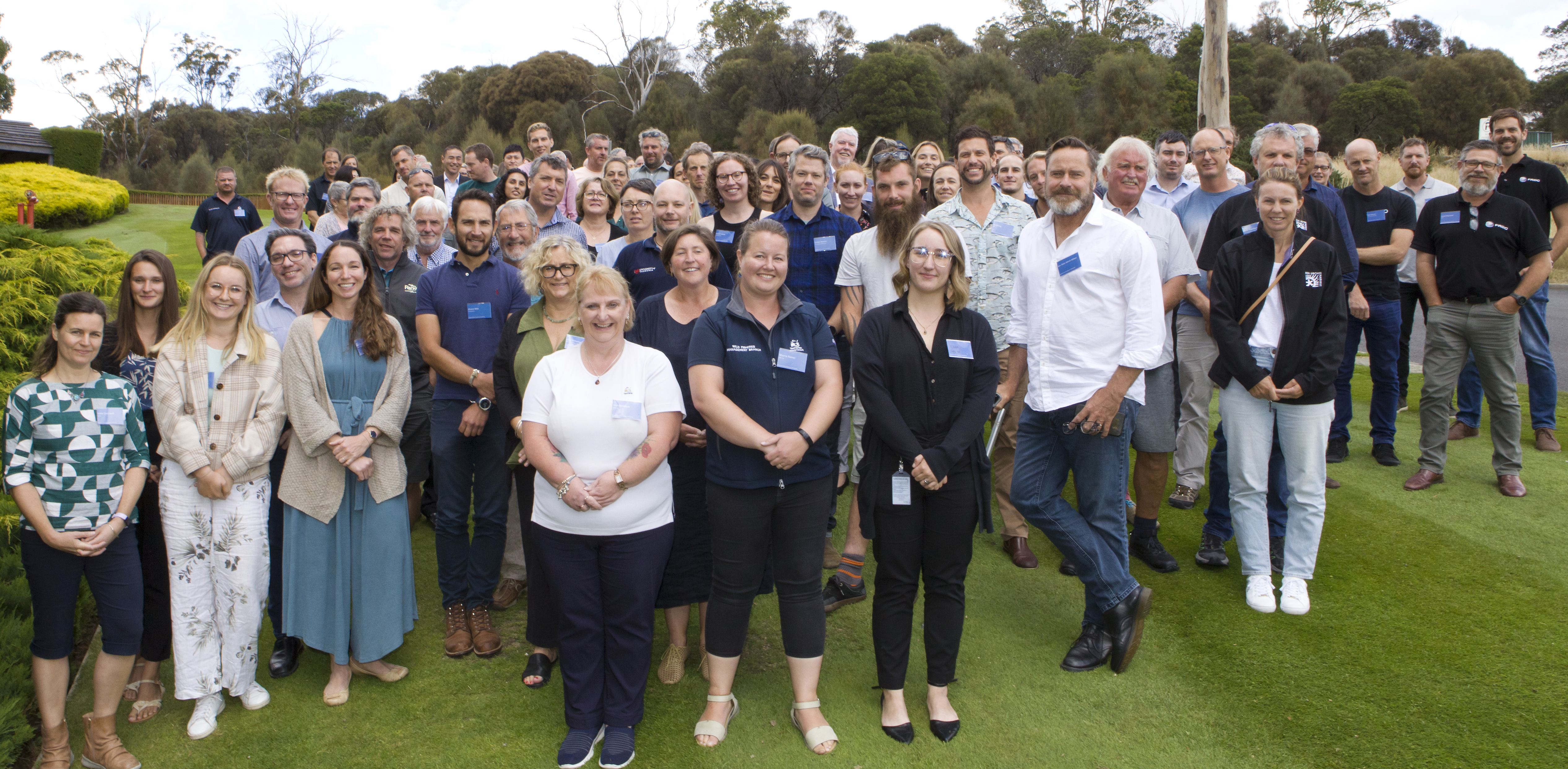Overview
Scientific evidence confirms that the world’s oceans are warming at an accelerated rate due to human activities. The waters off the south-east coast of Australia are warming at almost four times the global average, coinciding with strengthening of a strong ocean current, called the East Australian Current (EAC) (See FRDC project 2016-139 Decadal scale projection of changes in Australian fisheries stocks under climate change).
Rising temperatures, shifting currents, and changing chemistry are driving widespread movements on where marine life thrives (FRDC project 2016-139). So far, almost 200 marine species have migrated to new waters, with 87.3% moving southward (Gervais et al. 2021).
Native to south-eastern Australia, the Longspined Sea Urchin (Centrostephanus rodgersii) is experiencing a climate-induced range extension from coastal waters around mainland Australia into Tasmania. The expansion, or shift of a species into new areas, can have considerable ecological and economic impacts – these impacts can be positive or negative, depending on the species involved and their interactions with other ecosystem components.

Predicting the long-term effects is will continue to be difficult. Local management agencies are therefore challenged to understand the positive or negative impacts of range-shifting species, and account for them within their current policy and decision-making frameworks.
Research into Long-spined Sea Urchin
FRDC has funded numerous research projects on the Longspined Sea Urchin (Centrostephanus rodgersii) in Australia. These studies, spanning two decades, have investigated various aspects of this ecologically significant and range extending species, aiming to understand its biology, ecological interactions, and potential management strategies. This is important given the species' range expansions threatens the viability of critical kelp habitats and the sustainability of important commercial and recreational species, such as Abalone (Haliotidae) and Rock Lobster (Panulirus cygnus).
National Centrostephanus Workshop
A key outcome of the February 2023 National Centrostephanus Launceston Workshop was a commitment to establish a task force comprising representatives of the three state fisheries agencies (Victorian Fisheries Authority, Marine Resources - Department of Natural Resources and Environment Tasmania (NRE Tas) and NSW Government Department of Primary Industries - Fisheries)) as well as CSIRO and FRDC. The task force consulted and engaged with over 30 national stakeholder groups, and 150 people to gain input and feedback on management priorities and actions. The report titled 'Longspined Sea Urchin: Toward a national five year business plan for collaborative management' was released in October 2023.

Key resources
- Win-win under our oceans: Climate-related marine invasive species - Parliament of Australia
- Longspined Sea Urchin Strategy - Tasmanian Government (NRE TAS)
Key publications
- Longspined Sea Urchin: Toward a national five year business plan collaborative management
- FRDC Submission to Senate Standing Committee on Environment and Communications inquiry into Climate related marine invasive species






